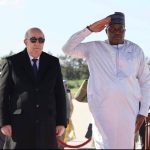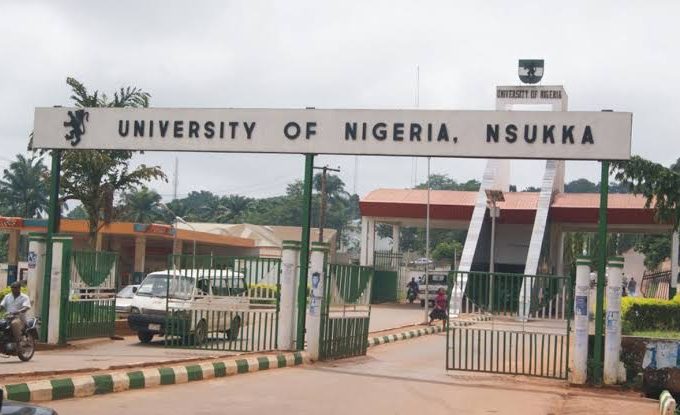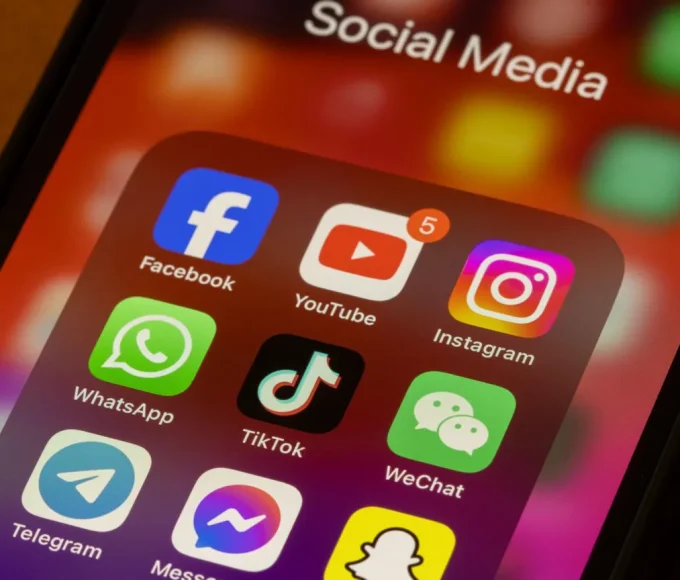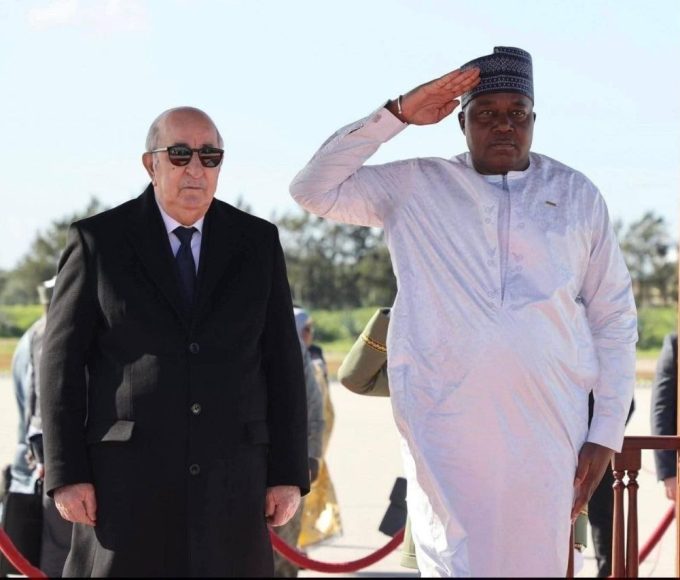
World Anti-Corruption Day: Peter Obi Calls for Proactive Actions Against Corruption in Nigeria
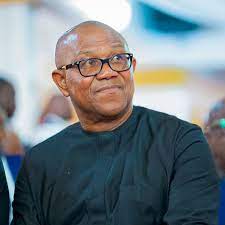
As the World marks International Anti-Corruption Day, former Governor of Anambra and the candidate of the Labour Party in the 2023 Presidential Elections, Peter Obi, has emphasized the critical need to confront corruption as Nigeria’s foremost threat to progress and stability.
Obi highlighted in his statement, the grave impact of corruption on the nation’s democratic values, peace, and overall development. He underscored the urgency of robust measures to combat this pervasive issue.
He asserted, “Corruption has surreptitiously strangled our nation’s growth and imperilled our future. It’s imperative to fortify our fight against this menace by enforcing ethical conduct across all echelons of governance.”
He cited disconcerting global rankings where Nigeria placed 150th out of 180 countries on the 2022 Corruption Perception Index by Transparency International, stressing the alarming projection made by PricewaterhouseCoopers International Limited.
He warned that corruption could inflict colossal economic losses amounting to 37 percent of GDP by 2030 if swift and decisive action isn’t taken.
In his statement posted on his official handle on X, Obi called the attention of Nigerians to the disheartening repercussions of corruption. He lamented the exodus of foreign investors, closures of local businesses, escalating unemployment, burgeoning poverty rates, and the faltering economy.
Obi linked these distressing trends directly to the corrosion of the societal fabric by endemic corruption. Moreover, he chastised the erosion of the rule of law and the blatant disregard for the country’s constitution, attributing these issues to the pervasive nature of corruption in Nigerian society.
Expressing deep concern for the moral education of future generations, he denounced the lack of positive examples set by leaders engaging in corrupt practices, citing the recent remarks by the Chairman of the Economic and Financial Crimes Commission, Ola Olukoyede, on the prevalence of cybercrime among Nigerian youths.
He reiterated his unwavering dedication to steering Nigeria toward becoming a corruption-free or significantly less corrupt country that thrives on peace and moral rectitude.
As Nigeria grapples with the monumental challenges posed by corruption, it is pertinent to state that a day like this should serve as a reminder that corruption is an obstacle to the growth and development of Nigeria. It affects the country’s global image and puts Nigeria at more risk than imagined.
About The Author
Related Articles
Malian Army Says Dozens of Militants Killed in Airstrikes in Segou Region
Mali’s armed forces say they have killed about twenty suspected militants during...
ByWest Africa WeeklyFebruary 19, 2026Nigeria Approves 33 New Universities While Education Quality and Jobs Remain in Crisis
Nigeria has approved 33 new universities, bringing the total number of sanctioned...
ByWest Africa WeeklyFebruary 19, 2026Gabon Suspends Social Media “Until Further Notice” Amid Rising Unrest
Gabon’s media regulator has announced the suspension of social media platforms nationwide,...
ByWest Africa WeeklyFebruary 18, 2026Niger’s Tiani Visits Algeria in Bid to Strengthen Ties and Revive Key Projects
Abdourahamane Tiani, Niger’s head of state, is on an official visit to...
ByWest Africa WeeklyFebruary 18, 2026


